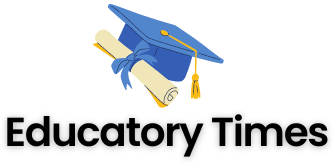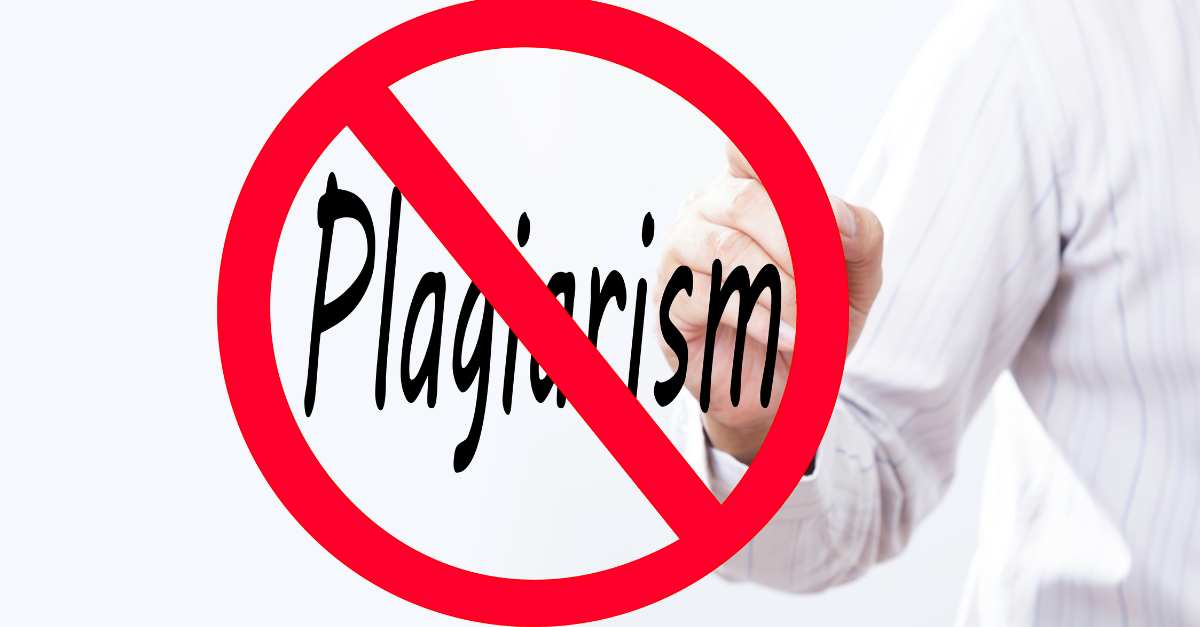Academic integrity is compromised by plagiarism, which is a grave transgression. To uphold academic standards and promote an integrity-focused culture, it is imperative to combat plagiarism in undergraduate computer science courses—where coding tasks and projects are common. This article looks at ways to avoid plagiarism in college computer science classes so that students can maintain moral behavior and improve their programming abilities in a real-world setting.
Establish Clear Expectations and Guidelines
Plagiarism must be discouraged by clearly defining expectations and norms about academic integrity. Clearly define plagiarism as the act of submitting someone else’s work, copying code from other sources without giving credit, and working together more than is allowed. Give them thorough guidance on how to reference outside resources, work with peers, and cite sources in their submissions. When clear standards are set early on, pupils are more unlikely to participate in dishonest behavior.
Educate Students on Academic Integrity
Building a culture of honesty and responsibility requires teaching students about the value of academic honesty and the repercussions of plagiarism. Allocate a specific period during the introductory lectures or course orientation to talk about the ethical ramifications of plagiarism, the importance of self-directed learning, and the standards of academic integrity. Give students instances of typical computer science plagiarism, such as duplicating code from web sources or turning in similar assignments, so they may learn to identify and steer clear of these types of actions.
Encourage Originality and Creativity
Urge pupils to give creativity and uniqueness top priority when completing their coding projects and assignments. Stress the value of algorithmic thinking, problem-solving abilities, and optimization of code over simple code repetition. Encourage pupils to view assignments as chances for growth and learning rather than as chores to be accomplished quickly or by taking shortcuts. Give kids difficult, unrestricted homework that demands critical thinking and inspires them to come up with creative solutions.
Implement Plagiarism Detection Tools
Make efficient use of plagiarism detection software and a code plagiarism checker tool to spot instances of academic dishonesty. Turnitin, MOSS (Measure of Software Similarity), and Coquetry are a few examples of platforms that are particularly made to identify similarities in code submissions and highlight possible instances of plagiarism. Include these resources in the evaluation process to discourage students from acting unethically and to provide teachers with information about how creatively students have approached their assignments. Tell students that these resources will be used to maintain academic integrity as well.
Foster a Collaborative Learning Environment
Encourage group work and peer education in a responsible and morally sound way. Encourage students to collaborate on conceptual discussions, debugging sessions, and problem-solving techniques, but establish clear guidelines for when they can work together on graded papers. Establish acceptable degrees of cooperation, such as talking about high-level ideas and working together to debug code and forbid direct exchange of code solutions or code duplication. Students should be encouraged to credit their classmates for any help they may have received with their entries.
Provide Feedback and Support
Throughout the assignment process, provide students with helpful criticism and encouragement to strengthen their learning and deter plagiarism. Give prompt comments on draft submissions, emphasizing areas in need of improvement and proposing ideas for future work. Stress the value of knowing and recording the code they develop instead of depending exclusively on other resources. Urge students who are having difficulties or who want clarification on the requirements for an assignment to ask professors or teaching assistants for assistance.
Enforce Academic Integrity Policies
Maintain the integrity of assessments and sustain course standards by enforcing academic integrity norms fairly and consistently. Include a clear description of the course syllabus’s sanctions for plagiarism, including failing grades, suspension from school, and possible disciplinary action. When plagiarism is found, take quick action, and don’t hesitate to take strong measures, adhering to the institutional protocols for looking into and dealing with academic misconduct. Students are discouraged from plagiarizing because they recognize the importance of the act and know that there are repercussions for participating in dishonest activity.
Conclusion
A complex strategy involving clear communication, teaching, technology, and enforcement is needed to prevent and stop plagiarism in college computer science courses. Through the implementation of plagiarism detection tools, the establishment of unambiguous expectations, instruction on academic integrity, encouragement of originality, feedback and support, and the enforcement of academic integrity policies, educators can cultivate an atmosphere that is favorable to genuine learning and moral behavior.




